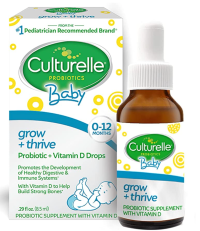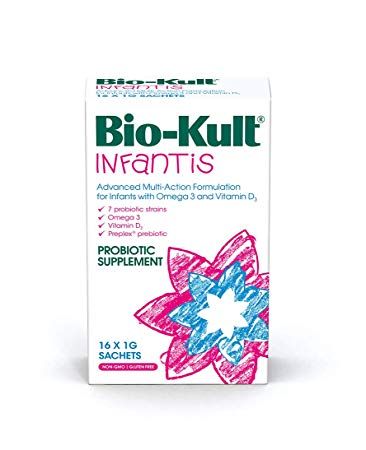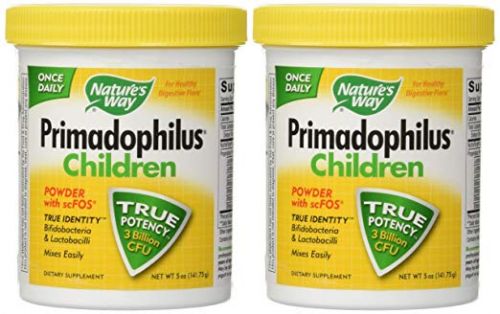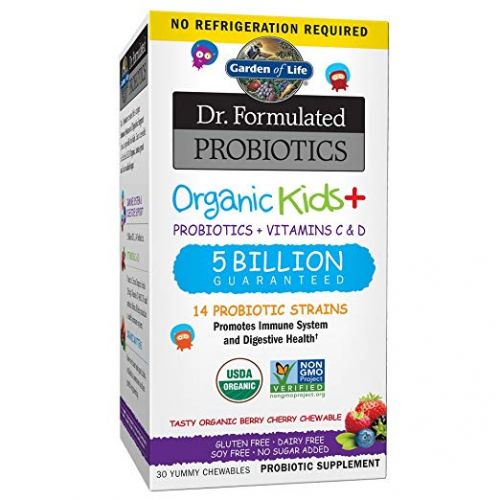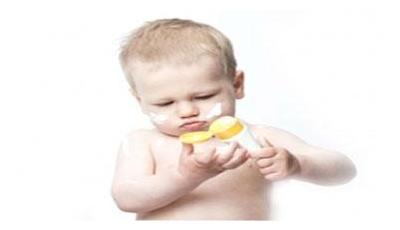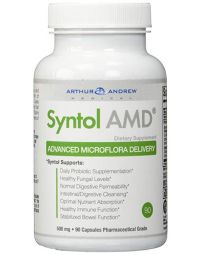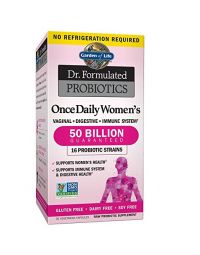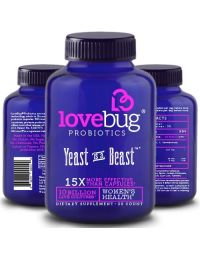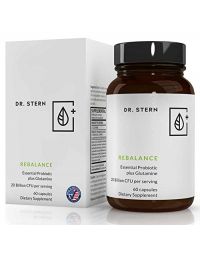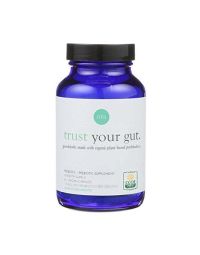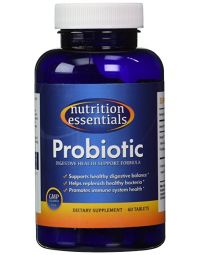A healthy gut microbiome is essential for infants’ digestion and wellbeing, but can easily be disrupted in newborns. Recent research has aimed to identify the ways that newborns obtain the flora in their digestive tract and which strains are the most beneficial, particularly for preterm infants. Be sure to consult with your baby’s pediatrician if you are thinking of giving them probiotic supplements.

Beneficial Microbes
Every person’s body actually contains more non-human cells than their own cells. In your intestines are trillions of microscopic bacteria, yeast, and other microorganisms that are important for properly digesting your food and absorbing nutrients. Lately, doctors and scientists have uncovered multiple ways in which your gut microbiota affect other areas of health, such as metabolism and even neurological function.1 A healthy microbiome may even be essential for childhood development. Some types of bacteria produce vitamin K or B vitamins which are necessary for growth, and can help stave off infections from harmful pathogens, which is especially important when a child’s immune system hasn’t fully developed yet.2

Gut Microbes
A developing fetus doesn’t grow these organisms on its own, so where do infants get them from? The answer to that is still not fully understood, though a few likely possibilities have been identified. One major source is breastmilk - the lactobacillusgenus of bacteria was named so because it is frequently found in milk products. These bacteria help digest lactose and large milk oligosaccharides that the baby otherwise couldn’t. An infant may also ingest small amounts of microbes from other foods or from their surroundings (by sticking objects in their mouth). A baby’s diet and environment both influence their gut microbiome as they develop.1,2
Currently, the first major encounter that an infant has with microflora is believed to be during birth, from their mother’s birth canal. Thus, a mother’s own microbiome is directly passed on to her children this way. Some doctors think it may be beneficial to give specific probiotic strains to infants who were delivered by Caesarian section.2

Preterm Infant Health and Growth
The intestines of premature infants are not yet fully functional, and their gut ecosystem is easily and frequently found to be imbalanced. In addition to nutritional deficiencies, this can also leave neonates vulnerable to infection from harmful microbes, like Clostridium dificile. Breastmilk from their own mother is considered the best source of probiotics for babies. However, sometimes it isn’t possible for a mother to breastfeed and pasteurized donor milk or formula is used instead. Supplementing with probiotic strains normally found in human breastmilk may be a good way to boost the health of premature infants and help them properly develop a healthy microbiome. Though more extensive research is still needed, early clinical trials show promise that certain Lactobacillus, Bifidobacteria, Propiniobacteria, Streptococcus,and Staphylococcus strains can increase bodyweight and prevent C. dificileinfections in preterm infants. Furthermore, these strains have been shown to be safely tolerated by children 1-6 months old.3

Colic and Diarrhea Management
Colic is a common condition among infants up to three months old. Though the exact causes of colic are not well understood yet, intestinal gas is thought to contribute to colicky babies’ discomfort. Certain strains of bacteria, including E. coli and Enterobacter species, can cause excess gas production and other digestive issues, such as diarrhea. Increasing the relative abundance of Lactobacillus bacteria and Saccharomycesyeast through probiotics can help reduce the negative effects of these problematic strains. By supporting better digestion, probiotics can alleviate the symptoms of colic and help prevent diarrhea caused by infections or antibiotic treatment.4,5

May Help Prevent Allergies
The human immune system is greatly affected by intestinal inflammation and exposure to antigens in the gut. Preliminary studies have suggested that probiotic supplementation by pregnant mothers or infants can reduce the risk of developing skin allergies (like eczema) or environmental allergies. However, these studies have not shown any protective effects against asthma.6

Best Probiotic Supplements for Infants
These are a few of the top probiotics as rated and recommended by pediatricians. Again, talk to your family doctor if you are thinking of giving your infant probiotics or any other supplement.
- Culturelle Probiotics Baby
- Nature’s Way Primadophilus Children
- Florastor Baby:
- Bio-Kult Infantis:
- FloraTummys Probiotic Sprinkles Kids
[1] Sommer F, Bäckhed F. 2013. “The gut microbiota—masters of host development and physiology.” Nat Rev Microbiol. Apr; 11(4):227-238. https://www.ncbi.nlm.nih.gov/pubmed/23435359
[2] Dominguez-Bello MG, Godoy-Vitorino F, Knight R, Blaser MJ. 2018. “Role of the microbiome in human development.” Gut. Jan 22; 317503. https://www.ncbi.nlm.nih.gov/pubmed/30670574
[3] Fernández L, Ruiz L, Jara J, Orgaz B, Rodríguez JM. 2018. “Strategies for the Preservation, Restoration and Modulation of the Human Milk Microbiota. Implications for Human Milk Banks and Neonatal Intensive Care Units.” Front Microbiol. 9:2676. https://www.ncbi.nlm.nih.gov/pmc/articles/PMC6237971/
[4] Savino F, Cordisco L, Tarasco V, Locatelli E, Di Gioia D, Oggero R, Matteuzzi D. 2011. “Antagonistic effect of Lactobacillus strains against gas-producing coliforms isolated from colicky infants.” BMC Microbiol. Jun 30; 11:157. https://www.ncbi.nlm.nih.gov/pmc/articles/PMC3224137/
[5] Johnston BC, Goldenberg JZ, Parkin PC. 2016. “Probiotics and the Prevention of Antibiotic-Associated Diarrhea in Infants and Children.” JAMA. Oct 11; 316(14):1484-1485. https://www.ncbi.nlm.nih.gov/pubmed/27727371
[6] Bertelsen RJ, Brantsæter AL, Magnus MC, Haugen M, Myhre R, Jacobsson B, Longnecker MP, Meltzer HM, London SJ. 2014. “Probiotic milk consumption in pregnancy and infancy and subsequent childhood allergic diseases.” J Allergy Clin Immunol. Jan; 133(1):165-171.
-
Probiotics for Constipation
By Dr. KarenMarch 8, 2022 -
Probiotics for Children
By Dr. KarenMarch 8, 2022 -
Best Baby Sunscreen
By Dr. AnnaDecember 17, 2021
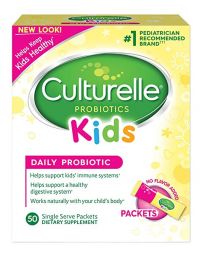
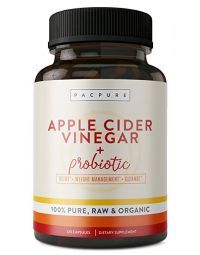
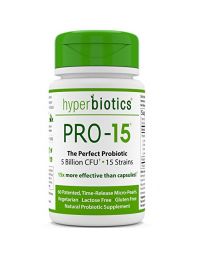
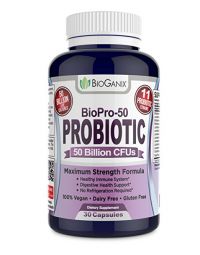
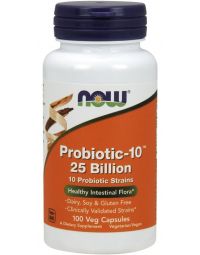

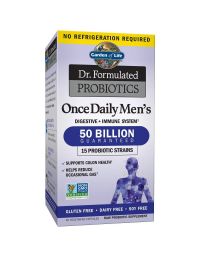
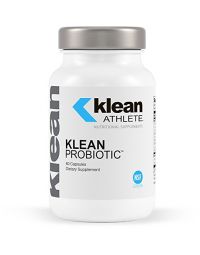
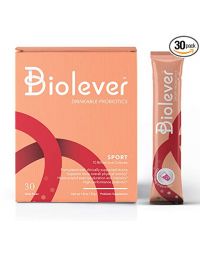
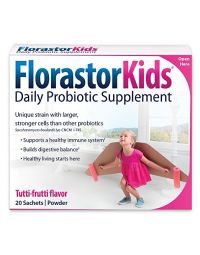
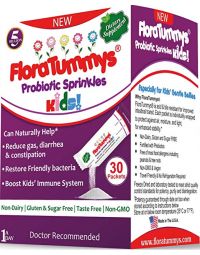
Search the blog
Article Categories
- All Articles (95)
- Rating Charts (1)
- Beauty & Skincare (17)
- FAQ (0)
- Hair Care (9)
- Health & Wellness (12)
- Anti-Aging (4)
- Kid's Health (0)
- Makeup (2)
- Men's Health (2)
- Oral Care (3)
- Sunscreen (7)
- Skin Tools & Treatments (10)
- Supplements (26)
- Videos (0)


